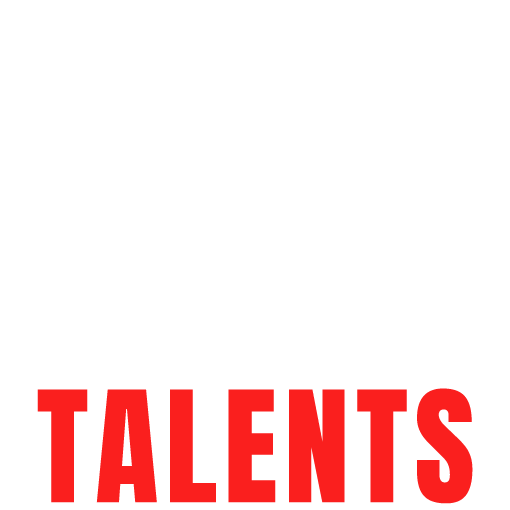Game Jams and Challenges:
A Portfolio Gamechanger
A Portfolio Gamechanger

So you have a portfolio. That's amazing. Your art/code/designs/other material look great and you are confident about the quality of your creations.
But does that mean you can work in the games industry?
A collection of solo works is already a great start. It shows you can complete tasks
If you want to be considered by a game studio, there are some qualities that your portfolio needs to display which can't be gained by going it alone. Studios are not only looking at the quality of the work when they look at a portfolio; they are looking at the quality of the candidate.
This is where game jams and challenges come in. They provide variety to your portfolio, professional credibility, a chance to test your capacity of working in a team, room to grow your projects, and a means to showcase them.
When you are asked to adapt to conditions chosen by others, you can learn a lot. Not being able to control a project's duration, its thematic approach, or the used methods and tools brings you out of your comfort zone, and allows you to test yourself there. Aside from what you can learn about yourself, they also show others what you're capable of.
They show you can
In addition to boosting your portfolio, working in such projects can help beef up your CV and what recruiters understand about you as a potential worker. If you don't have work experience within the industry yet, game jam projects are particularly beneficial to have in your resume.
Recruiters understand that you can
Some Final Tips
But does that mean you can work in the games industry?
A collection of solo works is already a great start. It shows you can complete tasks
- Independently
- In your own/preferred style
- At your own pace
- Under full creative control
If you want to be considered by a game studio, there are some qualities that your portfolio needs to display which can't be gained by going it alone. Studios are not only looking at the quality of the work when they look at a portfolio; they are looking at the quality of the candidate.
This is where game jams and challenges come in. They provide variety to your portfolio, professional credibility, a chance to test your capacity of working in a team, room to grow your projects, and a means to showcase them.
When you are asked to adapt to conditions chosen by others, you can learn a lot. Not being able to control a project's duration, its thematic approach, or the used methods and tools brings you out of your comfort zone, and allows you to test yourself there. Aside from what you can learn about yourself, they also show others what you're capable of.
They show you can
- Adapt your work to other styles
- Understand new parameters
- Follow a joint creative direction
- Be inspired by unfamiliar themes
In addition to boosting your portfolio, working in such projects can help beef up your CV and what recruiters understand about you as a potential worker. If you don't have work experience within the industry yet, game jam projects are particularly beneficial to have in your resume.
Recruiters understand that you can
- Collaborate efficiently with others
- Independently do assigned tasks
- Meet a schedule & follow through
- Plan and work on a remote basis
- Actively build your expertise
Some Final Tips
- Avoid jams promoting 'crunch'
- Choose team members wisely
- T&Cs: protect your copyrights
- Your resume is important too

